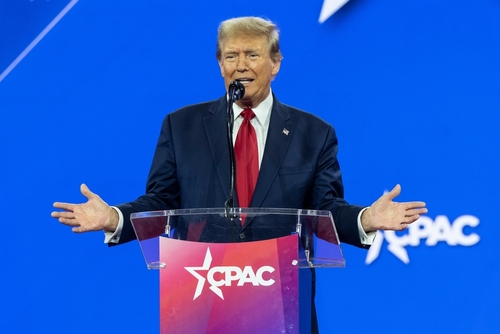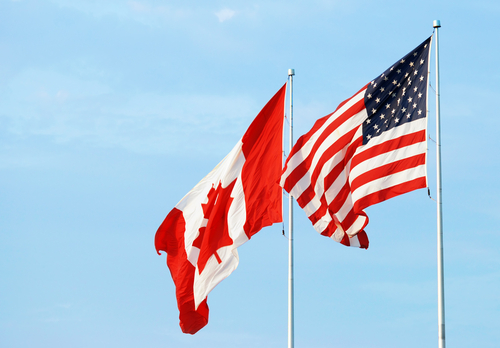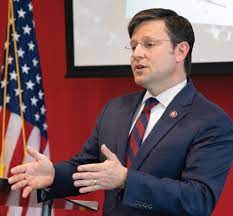The U.S. has reignited a complex diplomatic dance with Iran through Oman’s diplomatic channels, aiming for a nuclear deal revival.
At a Glance
- Iran rejected a UN nuclear watchdog report on increased uranium stockpiles.
- Iran considers the International Atomic Energy Agency’s (IAEA) report politically motivated.
- The US proposal comes amid ongoing negotiations with Iran on nuclear matters.
- Iran insists its nuclear program serves peaceful purposes only.
Diplomatic Channels and Reactions
The United States has extended a nuclear deal proposal to Iran via Oman’s diplomacy. Foreign Minister Abbas Araqchi announced that Iran has received the proposal through the Omani foreign minister in Tehran. This underscores ongoing efforts to revive stalled U.S.-Iranian negotiations. While specific terms remain shrouded in mystery, the inclusion of Oman highlights its role as a trusted intermediary in these high-stakes talks.
Iran outright rejected a UN nuclear watchdog report alleging a 50% surge in its enriched uranium stockpile. This rejection comes as the U.S. attempts to diplomatically engage Iran, signaling the complexity of international relations regarding nuclear capabilities. Iran maintains that its nuclear intentions are peaceful, challenging the documented findings.
Accusations and Diplomatic Strategy
Iran claims the IAEA report is driven by political motives and accuses the IAEA of relying on falsifications derived from Israeli sources. The IAEA added fuel to the fire with findings of highly enriched uranium stocks reaching 408.6kg as of May 17. Such figures spark “serious concern” over Iran’s undisclosed nuclear sites, casting doubt on Iran’s commitments.
As the pressure mounts, Abbas Araqchi noted that Iran’s nuclear advancements could grant them leverage over the U.S in these ongoing discussions. Despite allegations, Iran insists on its adherence to peaceful nuclear endeavors, disputing claims of covert operations.
U.S. Stance and Future Implications
President Donald Trump firmly stated that Iran cannot possess a nuclear weapon. Despite the critical nature of the situation, Trump suggested that a resolution could be found without escalating to military engagement. A potential deal, reminiscent of the 2015 Joint Comprehensive Plan of Action, dangles like a carrot. This framework, initially agreed upon by Iran to limit nuclear development in exchange for lifted sanctions, unraveled with America’s 2018 withdrawal and renewed sanctions.
The diplomacy sphere contends with whether Iran will once again engage in constructive negotiations or continue leveraging its disputed nuclear prowess as a bargaining chip.






